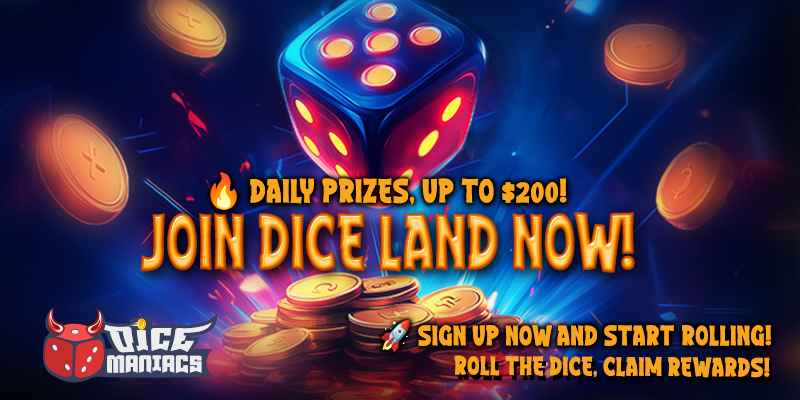We all have those days; the ones that seem to stretch on forever, with stress buzzing like background music you can’t switch off. Would you believe us if we told you that, for over 2.5 billion people, booting up a video game is often the “reset” button they need? Many of us have finished a tough day, picked up a controller, and just… breathed out. Ever felt that peace wash over you after an hour of gaming? It’s not just in your head; there is such a thing as gaming for mental well-being and stress relief!
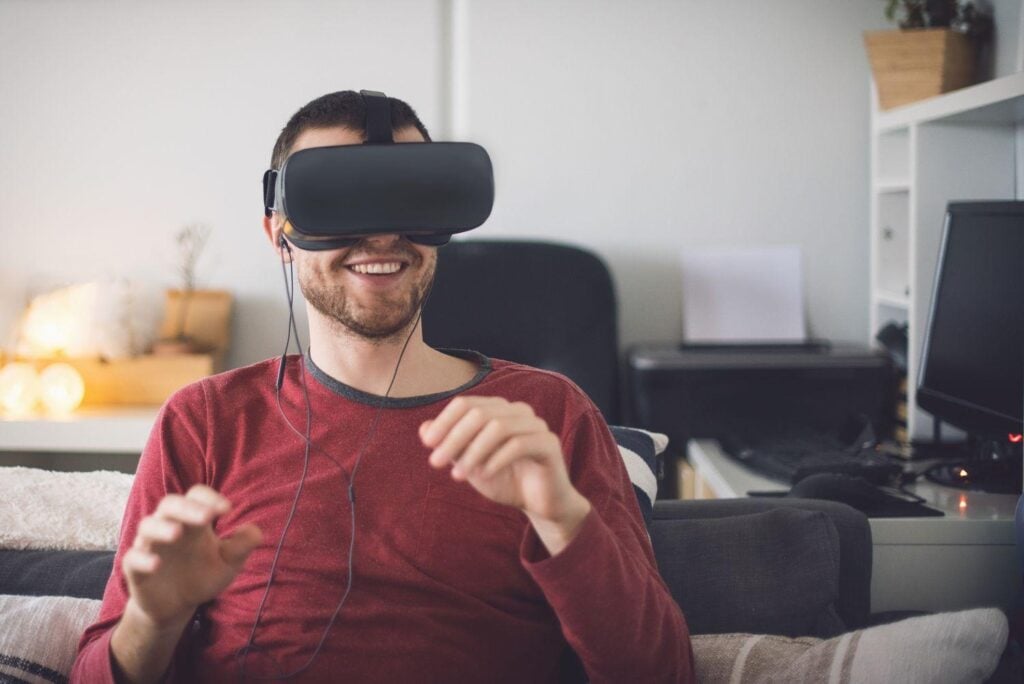
- Immersive gameplay experiences help shift focus away from anxiety and reduce intrusive thoughts.
Gaming for Mental Well-Being and Stress Relief
Let’s be honest, gaming’s reputation has had its ups and downs. We’ve all heard the horror stories, concerns about screen addiction or violence. But what if your favorite game could help you relax, recharge, and become a little more resilient? In this article, we’re taking a hands-on tour through the science, stories, and soothing genres of gaming that help create calmer minds. Whether you’re already a gamer or just curious, stick with us as we walk through how smart, mindful gaming can support well-being, boost emotional health, and even connect communities.
1. Introduction: Press Start for a Healthier Mind
Right from the start, it helps to challenge old stereotypes; no, gaming isn’t just a way to “waste time.” When used mindfully, it can be a true boost for our well-being. We’re here to explore exactly how, why, and what games can help manage stress and improve our mood. Could it be that your go-to comfort game is your own personal therapist? Let’s see!
2. The Science of Gaming and Mental Health
Stepping into a game after a rough day can feel almost magical. Neuroscience explains that, as we play, our brains release dopamine, the “feel-good chemical.” At the same time, our stress hormone, cortisol, dips, meaning gaming for stress relief is more than a myth.
Games often pull us into a “flow state,” where time slips away and worry melts. That’s how gaming for mental well-being and stress relief is an actual thing! Some researchers explain it’s a bit like meditation: focused, present, and mindful. What’s more, repeated challenges and puzzles in games can foster emotional resilience: you fail, you try again, and that mindset can spill over into real life.
“Video games create a safe place to experiment with problem-solving, which builds confidence and can reduce anxiety,” says psychologist Dr. Rachel Kowert.
We’ve personally felt it; sometimes, escaping into a farm in Stardew Valley or the puzzles of Portal can be all it takes to reset our thoughts.

3. Why Gaming Helps Relieve Stress
Immersing ourselves in a game redirects attention away from stress. The brain gets a well-deserved mini-vacation as it focuses on new tasks, beautifully detailed worlds, and creative problem-solving. Sim games like Stardew Valley, for example, offer a gentle pace and rewarding routines, while games like The Sims let us play with life, minus the real-world consequences.
Social gaming can be just as important for stress relief. Connecting with friends in a round of Among Us or a co-op challenge in It Takes Two has helped so many of us fight loneliness, build trust, and laugh away a long day. Achievement, too, makes a difference: clearing a tough level, crafting a perfect build, or even landscaping in Minecraft gives those small but meaningful boosts to our self-esteem.
Speaking of gaming for mental well-being and stress relief, if you’ve ever found yourself calmer after a lengthy Tetris Effect session, you’re definitely not alone.
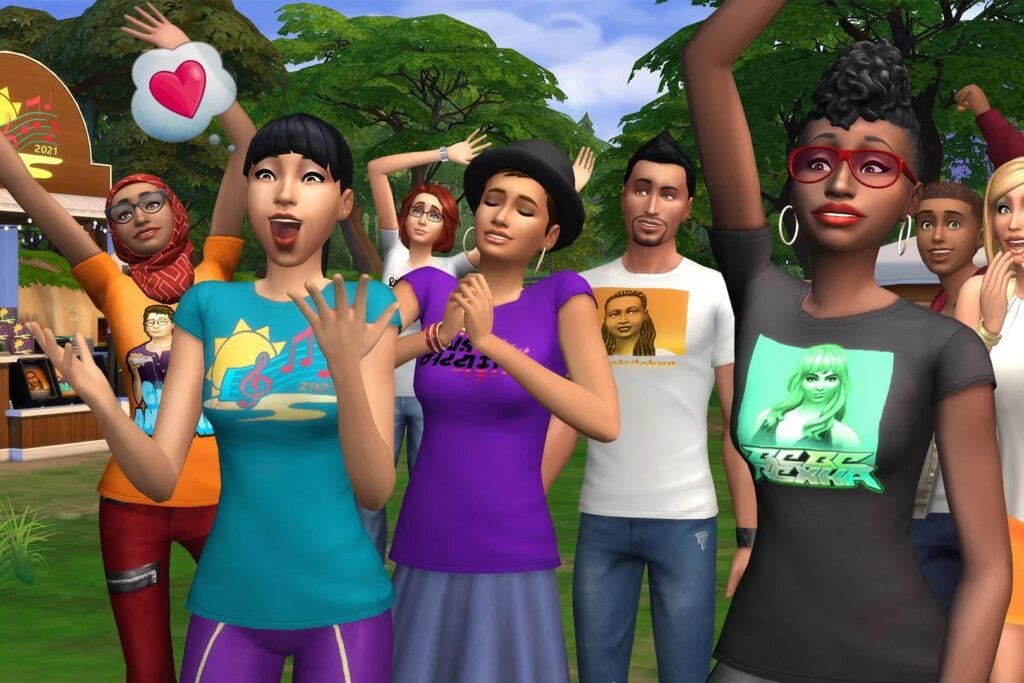
- Its open-ended gameplay and soothing routines create a calming, low-pressure environment for relaxation.
4. Genres and Games That Promote Mental Well-being
Games aren’t just about thrills; they can also help us unwind and find balance. Different styles of play offer unique ways to relax and recharge.
Relaxation-Oriented Games
Games like Animal Crossing: New Horizons and Stardew Valley let us slow down, fish, farm, or decorate to our hearts’ content. Their charming visuals and peaceful sounds make them the digital equivalent of a walk in the park.

Puzzle and Strategy Games
There’s a special satisfaction in working out puzzles in Monument Valley, Portal, or lining up blocks in Tetris Effect. These games gently work the brain, encourage mindfulness, and keep stress at bay.
Fitness and Movement-Based Games
Titles like Ring Fit Adventure and Just Dance get us moving, and that mix of activity and play delivers an endorphin rush that can help clear mental fog and tension.
Mindful VR and Meditation Games
Virtual reality brings a whole other calming dimension. Flow VR and Fishing Planet VR offer immersive journeys meant to relax, meditate, or simply tune in to a peaceful moment.
Multiplayer Games with Positive Experiences
Low-pressure social games, such as It Takes Two or even Overcooked 2 (as chaotic as it gets, it’s all in good fun!), build camaraderie and create a space for laughter.
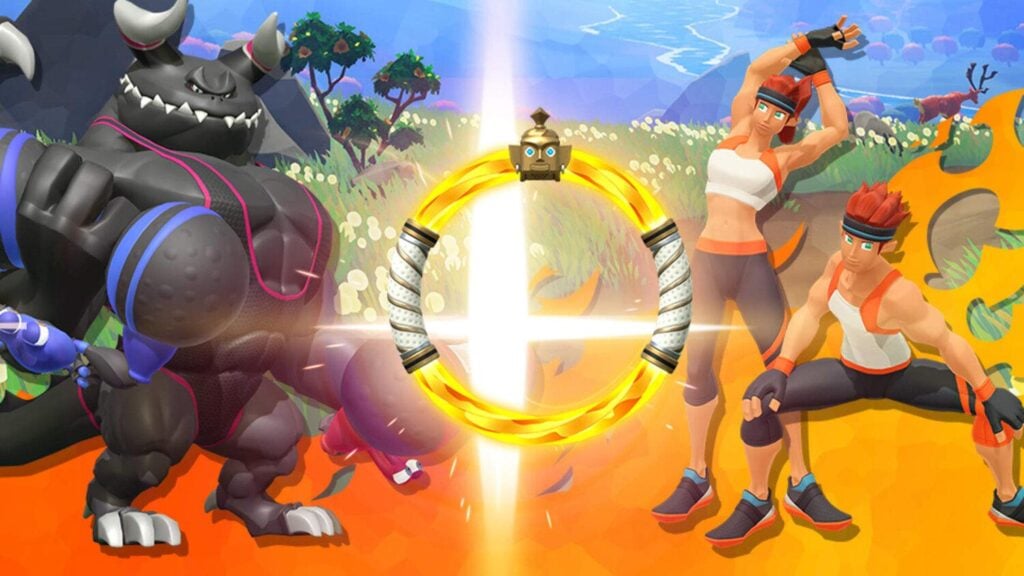
- Its engaging workouts help reduce stress, improve mood, and encourage consistent movement through fun gameplay.
5. Gaming as a Tool in Modern Stress Management
In the context of gaming for mental well-being and stress relief, modern therapy is beginning to embrace mindful gaming. Some therapists “prescribe” games to help clients vent frustration, practice coping, or learn new skills. Celeste (a challenging platformer) explores themes of anxiety and perseverance, while Hellblade: Senua’s Sacrifice was created with input from mental health professionals and powerfully portrays mental health struggles.
Want to keep gaming a healthy habit? We suggest setting time limits, picking calming genres after tough days, and avoiding rage-inducing, highly competitive titles when stressed. Even a short post-work session, ten minutes of Stardew Valley or a quick puzzle, can do wonders.
Tips for Healthy Gaming:
- Choose relaxing or non-competitive games for stressful days.
- Mind your play time; use alarms or app trackers.
- Balance gaming with movement and screen breaks.
- Play with friends or loved ones for extra mood boosts.
6. Common Misconceptions About Gaming and Mental Health
Media headlines often warn that “gaming is addictive” or that it “makes people violent.” Evidence paints a different story: while excessive play can be problematic, moderate gaming offers genuine mental health benefits. Like all good things, the key is mindful moderation.
Worried that gaming for mental well-being and stress relief will not work for you? Not every game is soothing; playing an intense shooter late at night might leave your mind buzzing. Instead, it’s about choosing games that fit the mood and using them as a tool, not a crutch.
We’ve seen so many friends and family benefit from stress relief gaming, despite what stereotypes suggest. Don’t let old myths overshadow the positive impact of games on mental health.

7. Real-Life Examples and Success Stories
After her father passed away, one gamer shared on Reddit how escaping to Animal Crossing: New Horizons gave her a gentle daily routine, a “safe place” filled with color and kindness. Another group of friends, separated by distance, found that weekly co-op Minecraft sessions weren’t just about building castles; they were check-ins and lifelines during hard times.
Some developers are even creating games designed to ease anxiety or build resilience. Mindfulness apps and small studios are popping up all over, offering guided breathing, soothing landscapes, and mental health prompts woven into gameplay. For every stereotype, there’s a story of someone who found peace in the pixels.

8. Looking Ahead: The Future of Gaming for Mental Well-being
Regarding gaming for mental well-being and stress relief, innovations in VR and AR are opening new doors; imagine AI-powered games that adapt to your mood, or virtual spaces designed for group meditation. Wellness apps are already partnering with game developers, and the conversations around gaming’s impact on well-being are growing louder, more nuanced, and encouraging.
The future is bright: we expect to see stress relief gaming become a more mainstream tool, with schools, therapists, and families joining hands to explore new, positive roles for games. Projects like Flow VR and forthcoming collaborations between mental health advocates and studios are just the beginning.
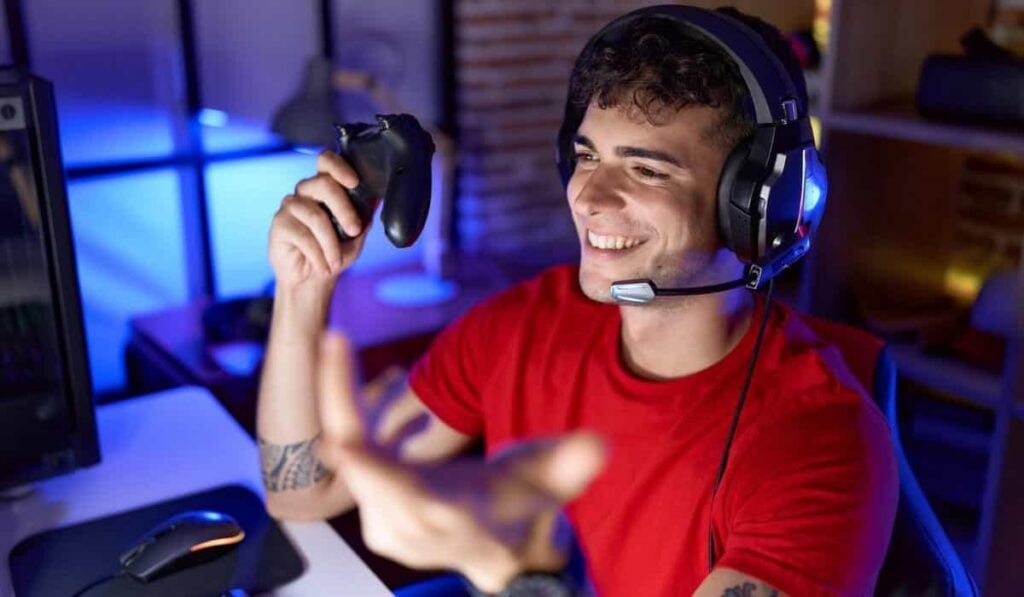
- Role-playing games allow emotional exploration through storytelling and character-driven choices.
9. In the End: Finding Peace in the Pixels
At the end of the day, gaming for mental well-being isn’t a far-fetched dream; it’s a real, accessible path to relaxation, resilience, and human connection. With mindfulness and moderation, games can ease stress, stimulate the mind, and offer pockets of joy when we need them most. Thinking about trying out gaming for mental well-being and stress relief? There’s never been a better time to start, whether on your PC, your phone, or even with friends over the internet. When life feels chaotic, sometimes all you need is a controller (or your phone). Have you tried gaming for relaxation? Let us know your go-to comfort games or stress-busting gaming moments in the comments! Curious about which games are best for your relaxation needs? Share your favorites, or ask for recommendations below; let’s discover new ways to find balance and calm, one game at a time!
Learn about the inside out of video games world and industry via Gamerative.
FAQs: Gaming for Mental Well-Being and Stress Relief
Q1. How long should I play games daily to get mental health benefits without overdoing it?
Most experts recommend keeping playtime to 1–2 hours a day for stress relief, while taking regular breaks and listening to your body and mood.
Q2. Are there games specifically designed to help with anxiety or depression?
Yes, games like Flow VR and mindfulness gaming apps are created with mental health in mind, incorporating breathing exercises, calming visuals, and supportive narratives.
Q3. Can gaming help with sleep problems caused by stress?
Gentle, calming video games can help you unwind before bed, but avoid intense or action-packed games late at night to prevent overstimulation.
Q4. Are there gaming communities devoted to mental health support?
Absolutely! Many Discord groups, subreddits, and co-op gaming spaces foster supportive conversations and peer encouragement around mental well-being and stress relief gaming.




